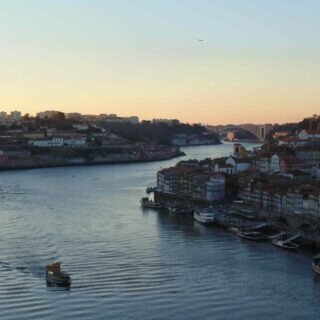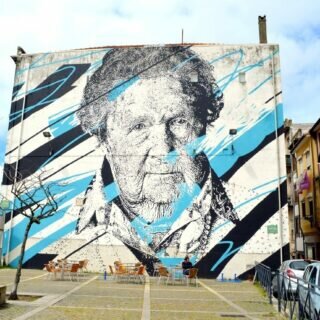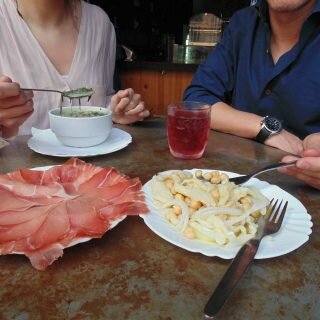Porto has a motto that pretty much tells a lot about its history: Antiga (Ancient), Mui Nobre (Very Noble), Sempre Leal (Always Loyal) e Invicta (and Undefeated) Cidade do Porto. Shortly, Porto can be known as the Invicta, meaning that the city was never defeated! But let’s go back to the 19th century to understand the origins of this title. In this series of posts you will get to know the history of the Portuguese Civil War and Porto´s role on it.

During this time Portugal would witness one the most brutal chapters of its History, a civil war that would pit its people against each other around two different ideals. This story begins precisely at the beginning of what would be a particularly troublesome century with three invasions by the Napoleonic Empire, from 1807 to 1811. With the help from our British allies he ultimately failed but a series of events that emerged afterwards led our country to a severe crisis, political, military, ideological and financial. In 1820, under a climate of extreme unhappiness, a revolt occurs precisely from the city of Porto and spreads out to the rest of the country, intending on the implementation of a more liberal regime, taking some of the powers from the king, whom they held responsible for the state of the country. The Royal Court, which had fled the country years earlier during the Napoleonic Invasions, was ruling the nation from its colony, but after the collapse of the acting government in Portugal, the king João VI is coerced to return to Portugal by the rebels. Two years later, the king returned to his own ruined country, leaving his eldest son and heir, Pedro IV of Portugal, to watch over Brazil and after agreeing to the terms of the newly constituted liberal government, a constitution is signed, turning the role of the King into a mere symbolic figure.

The Civil War: a Tale of Two Brothers
For 4 years João VI remained ahead of the Portuguese throne under limited power until he finally passed away. In the meantime, across the seas, his son Pedro IV claimed the independence of the Brazilian colony, swayed by the disgruntlement of the local population towards the new Portuguese Constitution. Upon his own father’s death, he chose to abdicate his right to the Portuguese throne in favour of his own daughter, Maria II, who would become queen when she reached of age. Until then she was to be wed to her uncle Miguel, younger brother of Pedro IV, under the condition that he’d abide to the new constitution. Miguel would stay true to his word, considering this new regime an abomination, so he would gather the support of others mostly from the nobility and the clergy, who like himself were displeased with the new state of things, and we would make himself the absolute king of Portugal, thus becoming Miguel I of Portugal, ‘the Absolutist’. Meanwhile, Pedro IV of Portugal and emperor of Brazil, infuriated with his own brother’s actions, departs from there, leaving his son on the throne of the new kingdom, and goes on to gather the means abroad to form a military expedition to go fight his brother, especially from the United Kingdom, which was a traditional ally of Portugal and had a liberal Monarchy of its own. He joins up with the Liberal Resistance movement in 1832, holed up in the island of Azores, and from there he sets off to Portuguese shores…To be continued!

If you want to hear all about the Portuguese civil war and why Porto played such an important part on it, join us for a Porto History Master Class tour! Learning on site it´s way better… ;)



